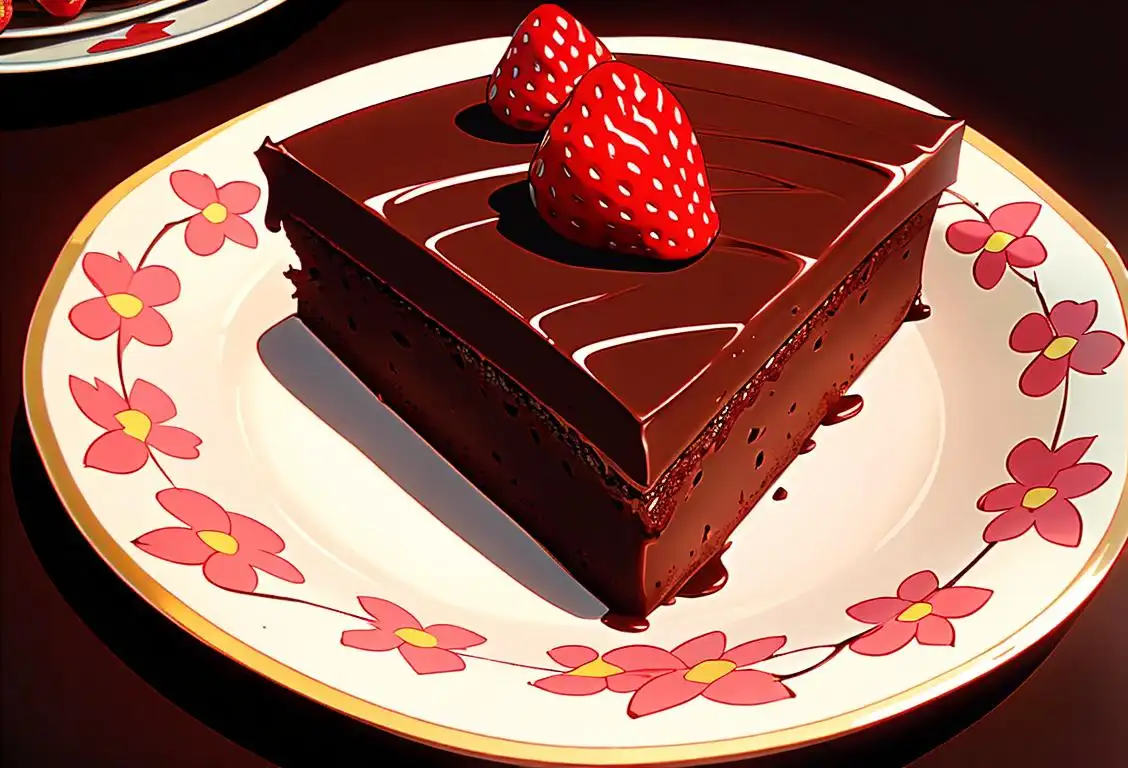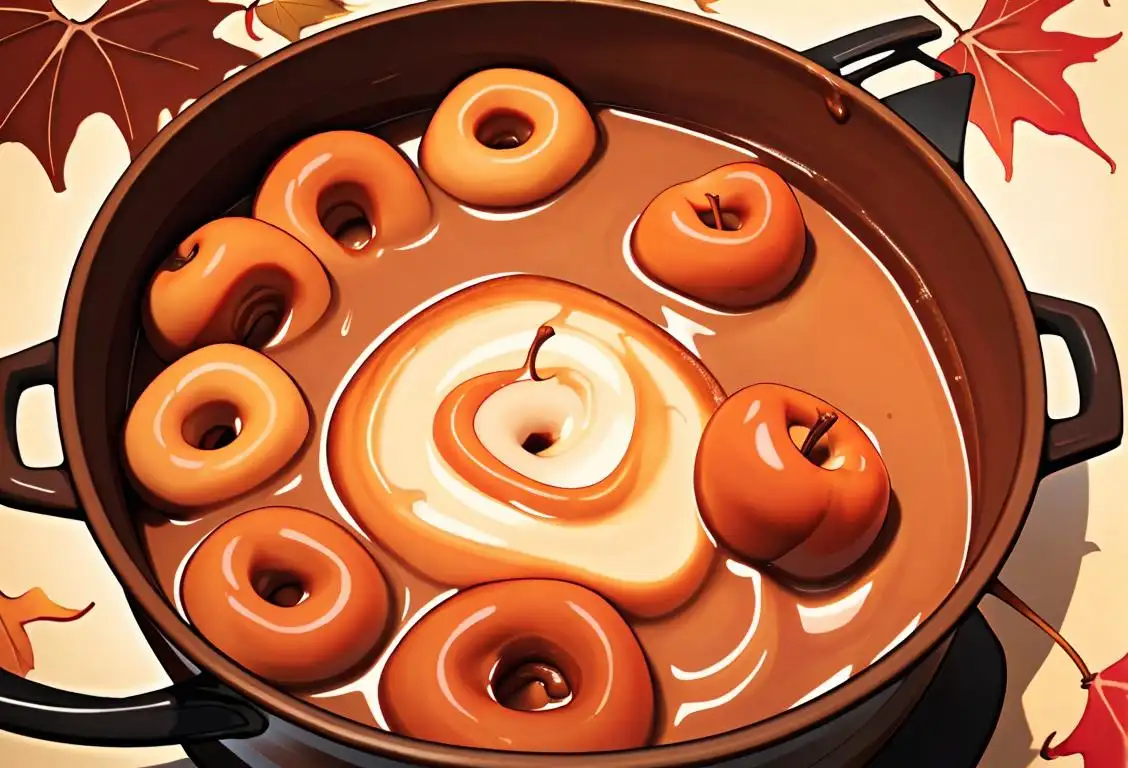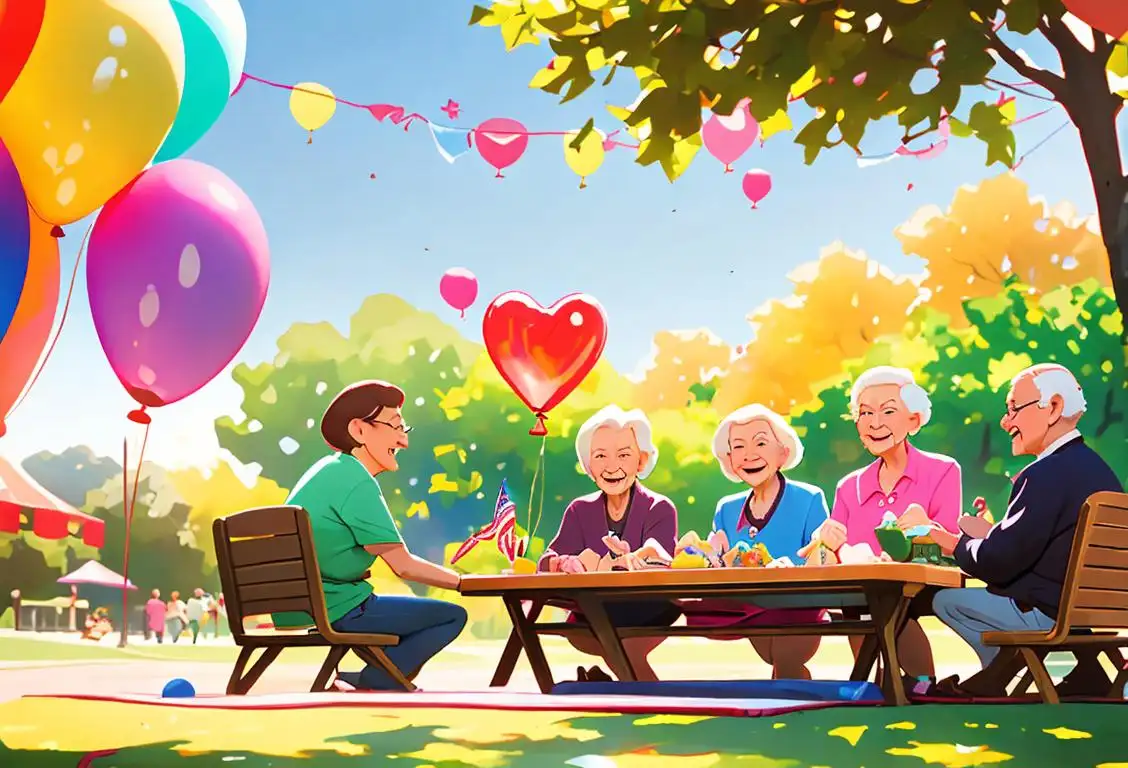National Dessert Day

Roll up those sleeves and break out the mixer, it's National Dessert Day! National Dessert Day is the perfect excuse to indulge in that sweet treat you've been craving. But don't worry, we won't tell if you decide to put on elastic waist pants for this one. Our extensive internet history data revealed that the most mentions for National Dessert Day were on 14th October 2015. Was it a particularly sweet-toothed year or an epic bake-off challenge? Keep reading to find out!
When is Dessert Day?
It's national dessert day on the 14th October.
The History of National Dessert Day
National Dessert Day, believe it or not, wasn't created by your biggest dessert-loving friend, but rather a consortium of dessert enthusiasts from across the internet. Although the exact origin remains a bit of a mystery wrapped in an enigma served with a side of intrigue (and a generous dollop of whipped cream), online celebrations have been traced back as far as 2009.
The Most Notable Year: 14th October 2015
Our trusty databases detected 29190 mentions of National Dessert Day online with the most mentions surprisingly in 2015. What might have led to this surge of dessert-related conversations? Was there a new dessert on the market, or perhaps a global sugar rush due to Halloween approaching? While we can't be entirely sure, it's clear that something about desserts certainly captured the imagination in 2015.
The Sweetest Treats
The beauty of National Dessert Day is the sheer variety it includes. Whether you're a pie purist, a cake connoisseur, or an ice cream enthusiast, there's something for everyone. That's one of the best things about this day - the inclusivity. Every type of dessert is welcome and celebrated, provided it's sweet and generally eaten after a meal, it counts!
History behind the term 'Dessert'
16th century
Origin of the term 'dessert'
During the 16th century, the term 'dessert' emerged from the French word 'desservir', which means 'to clear the table'. At the time, it referred to the fruits, nuts, cheeses, and sweets that were served after the main meal. Dessert was seen as a way to cleanse the palate and conclude a formal dining experience.
17th century
Expansion of desserts in Europe
In the 17th century, desserts started to gain popularity throughout Europe. Access to exotic ingredients from newly discovered lands led to the introduction of new flavors and recipes. Desserts became more elaborate, featuring intricate pastries, creams, and jellies. It was during this time that the concept of a separate course for dessert became common in aristocratic circles.
18th century
Rise of French pastry culture
In the 18th century, French pastry culture flourished, and desserts became a sign of sophistication and luxury. Pastry chefs began creating intricate and artistic desserts that were visually stunning. The French revolution in 1789 led to the dispersal of many talented pastry chefs throughout Europe, contributing to the spread of French dessert techniques and traditions.
19th century
Invention of iconic desserts
The 19th century witnessed the invention and popularization of numerous iconic desserts. The French chef Marie-Antoine Carême, known as the 'King of Chefs and the Chef of Kings', played a significant role in creating elaborate pastries such as the croquembouche and the mille-feuille. Other famous desserts like the pavlova, the tart tatin, and the Boston cream pie also emerged during this century.
20th century
Diversification and globalization
In the 20th century, desserts continued to evolve and diversify worldwide. Advances in technology and transportation made ingredients more accessible, allowing for experimentation with new flavors and combinations. American desserts like apple pie, brownies, and cheesecake gained popularity globally. Additionally, new trends such as vegan and gluten-free desserts emerged, catering to dietary preferences and restrictions.
Did you know?
Did you know the world's largest wedding cake recorded weighed a magnificent 15,032 pounds? That's a mountain of deliciousness that could feed thousands of dessert enthusiasts. No pressure for your next bake-off then!Tagged
food fun loved ones celebration cheat day desserts dietFirst identified
13th March 2015Most mentioned on
14th October 2015Total mentions
29190Other days
Dessert Day
Chocolate Cake Day
Cupcake Day
Cake Decorating Day
Caramel Day
Senior Citizens Day
Cheese Pizza Day
Whipped Cream Day
Wine And Cheese Day
Cracking Cold Ones Day








